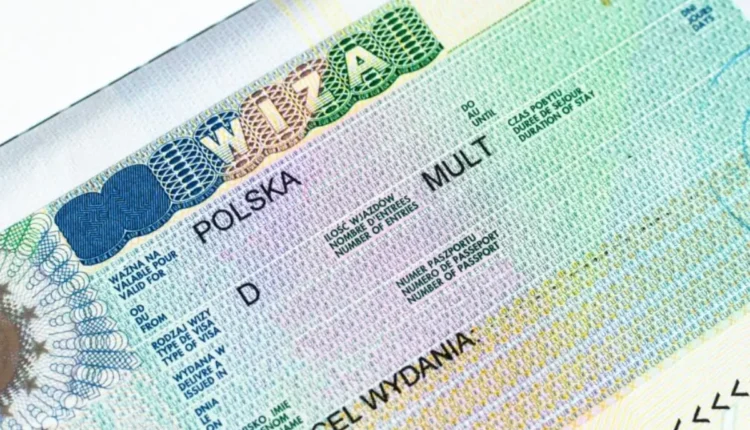Poland Tightens Student Visa Rules with New Cap and Language Requirements
Poland Overhauls Student Visa Policy: 50% Cap and Language Test Introduced
Nearly a year after the explosive student visa scandal rocked the country’s immigration system, Poland tightens student visa rules with sweeping legislative reforms passed by the Senate this week. With 61 votes in favor, 32 against, and one abstention, the new law aims to eliminate loopholes in the student visa system and reinforce Poland’s academic credibility on the global stage.
Effective immediately, third-country nationals aiming to pursue higher education in Poland will face more rigorous application standards. The most notable change? A mandatory B2-level language proficiency in the language their course will be taught—either Polish or English.
“This isn’t about exclusion—it’s about clarity and purpose,” stated a spokesperson for Poland’s Ministry of Education. “We want students to come here to learn, not to bypass immigration rules or engage in unauthorized employment.”
Poland: Academic Integrity Takes Center Stage
The legislation follows concerns that student visas were being misused as an easy route into the Schengen Zone, with some applicants allegedly having no intention of actually studying.
To combat this, universities are now required to act as active partners in immigration control. Under the new rules, university officials must report foreign students who fail to attend classes or abandon their studies. This cooperation is expected to close a critical gap that previously allowed visa fraud to go unchecked.
“Academic institutions will no longer serve as passive gateways,” said Dr. Elżbieta Nowak, a policy advisor involved in the reform. “They will be guardians of integrity in the system.”
Cap on Foreign Students: A Game-Changer for Universities
In one of the most controversial moves, the legislation introduces a 50% cap on foreign student enrollment per institution. This means no university in Poland will be allowed to admit a foreign student population that exceeds half of its total student body.
Universities already exceeding the threshold will be temporarily barred from admitting new foreign students until they bring their ratios back within legal limits. Critics argue this could hinder the internationalization of Polish higher education, while supporters say it’s a necessary safeguard against exploitation.
“We understand this might feel limiting,” admitted Tomasz Zieliński, a university rector from Kraków, “but it also compels us to be more selective, more responsible, and more focused on students who genuinely want to learn.”
National Student Registry and Ban on Work Permits
To enhance tracking and transparency, authorities will now compile a national registry of all foreign students enrolled in Polish universities. The database will allow immigration officials to monitor movements and ensure compliance with visa conditions.
In another bold step, foreign students will no longer be allowed to apply for temporary residence and work permits while holding student visas. This restriction aims to separate educational migration from labor migration more clearly.
“We want the pathway to be transparent and separate: you come to study, not to work,” emphasized the Interior Ministry in a public statement.
A New Era for International Education in Poland
These sweeping reforms signal a clear message: while Poland remains open to foreign students, it is no longer willing to tolerate ambiguity in their intentions. The country is determined to ensure that its higher education system is not exploited as a backdoor into the European Union.
While some critics fear the changes may reduce Poland’s appeal as a study destination, others believe the move could attract more serious and committed students in the long term.
“Real students have nothing to fear,” said Professor Krystyna Sobczak of the University of Warsaw. “In fact, they should welcome a system that protects the value of their academic journey.”
Also Read : Nitin Nohria: Transforming Business Education and Ethical Leadership

